Carey Taylor
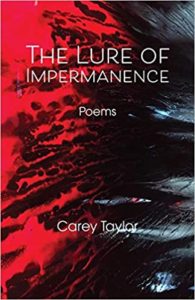 THE LURE OF IMPERMANENCE, Carey Taylor, Cirque Press, 3978 Defiance Street, Anchorage, AK 99504, 2018, 73 pages, $15 paper, https://cirquejournal.com/
THE LURE OF IMPERMANENCE, Carey Taylor, Cirque Press, 3978 Defiance Street, Anchorage, AK 99504, 2018, 73 pages, $15 paper, https://cirquejournal.com/
This morning I reread Carey Taylor’s debut collection, The Lure of Impermanence. Taylor covers a whole lifetime in this book, winding through childhood and adolescence, then marriage and children (with all those attendant fears), then the task of re-inventing a marriage after the children have grown up and left home.
I heard Taylor read this poem, “Post-Election,” at a Cirque celebration at Tsuga Art Gallery in Bothell in 2018. I love how it takes a political topic, marking it with the title, but then embodies a woman’s anguish in a very different image, something I’ll try my hand at later today.
Post-Election
At first they fed in multitudes, from
the high energy suet cube, hung
in the contorted filbert.Then came week
upon week
of 20-degree weather.At the icy shoulder of road,
a chickadee in daytime
torpor.By the third week,
five feathered corpses
on frosted asphalt.Who knew so many would not survive
that winter, next to the bay with its
foraging wetlandsor now, how much we need them,
to rise like Lazarus and sing
their sapphire songs.

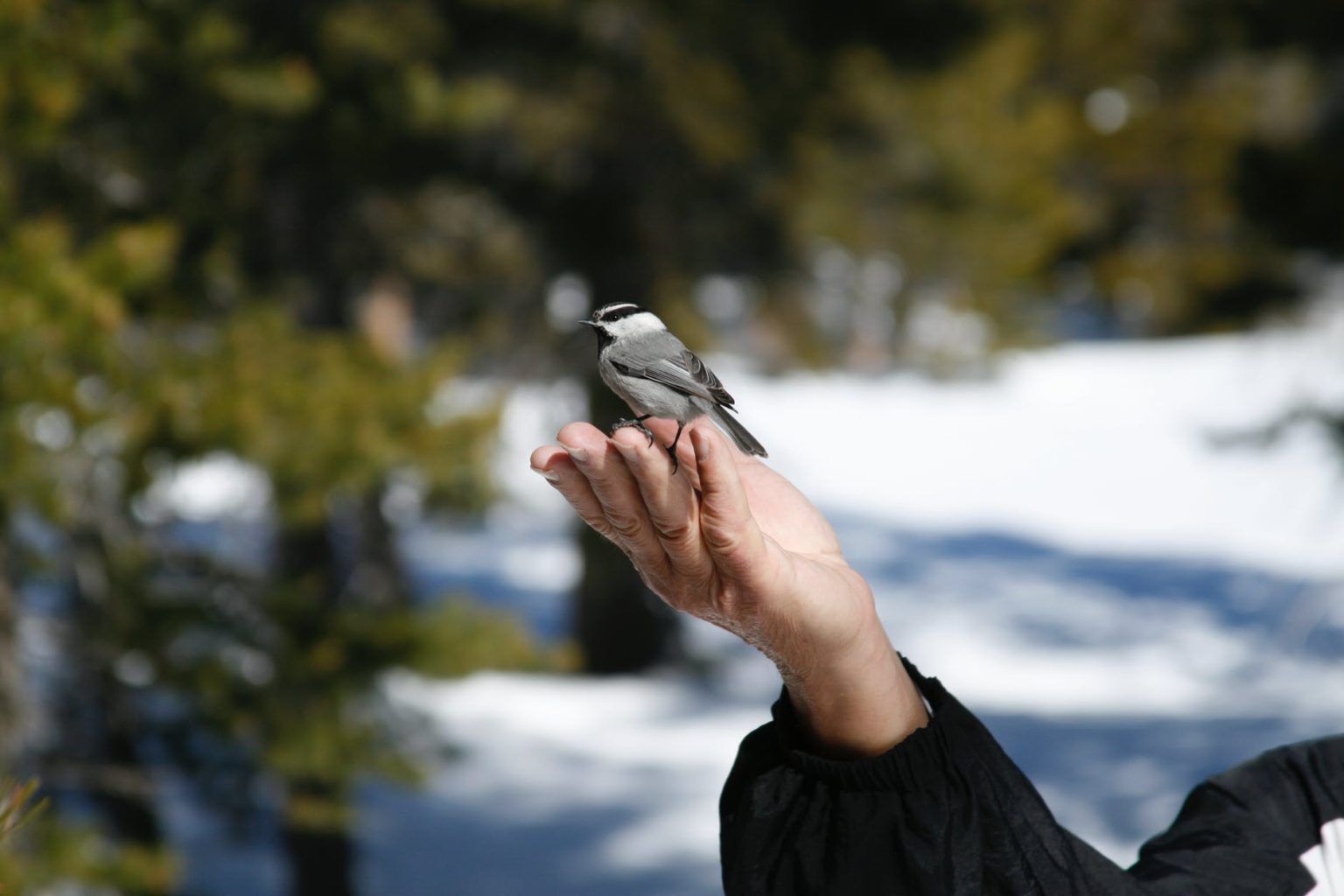
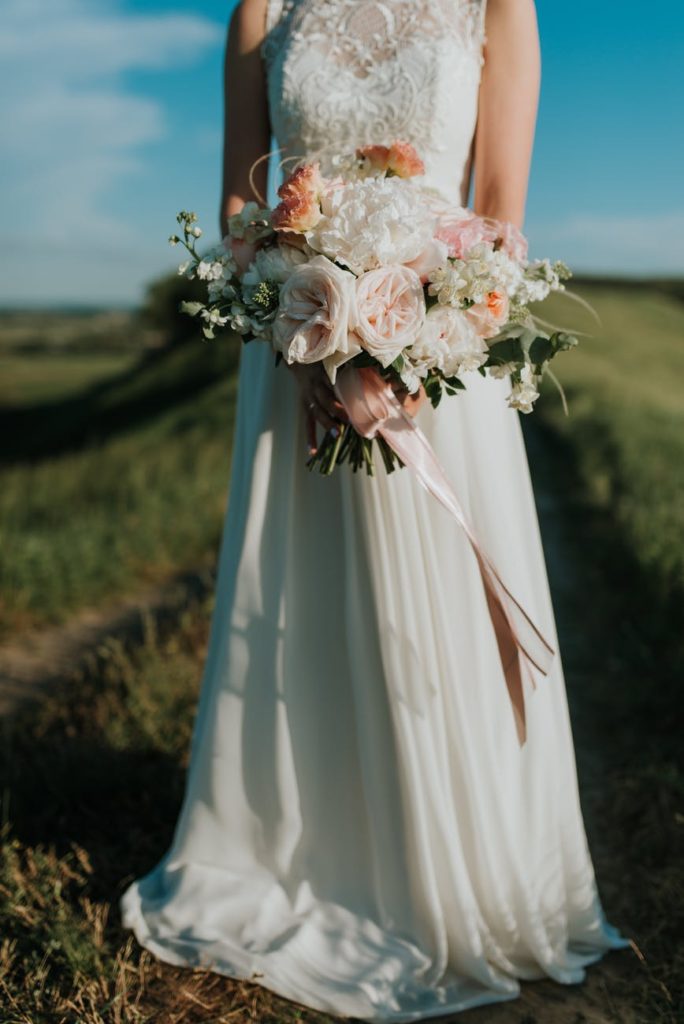
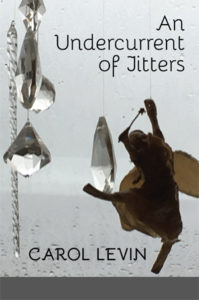 AN UNDERCURRENT OF JITTERS, Carol Levin. Moon Path Press, P.O. Box 445, Tillamook, OR 97141, 2018, 96 pages, $15 paper,
AN UNDERCURRENT OF JITTERS, Carol Levin. Moon Path Press, P.O. Box 445, Tillamook, OR 97141, 2018, 96 pages, $15 paper, 
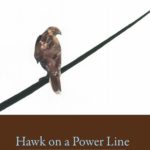 HAWK ON A POWER LINE, poems by Robert M. Wallace, Louisiana Literature Press, Southeastern Louisiana University, Hammond, Louisiana 70402, 2015, 56 pages, $14.95, paper,
HAWK ON A POWER LINE, poems by Robert M. Wallace, Louisiana Literature Press, Southeastern Louisiana University, Hammond, Louisiana 70402, 2015, 56 pages, $14.95, paper, 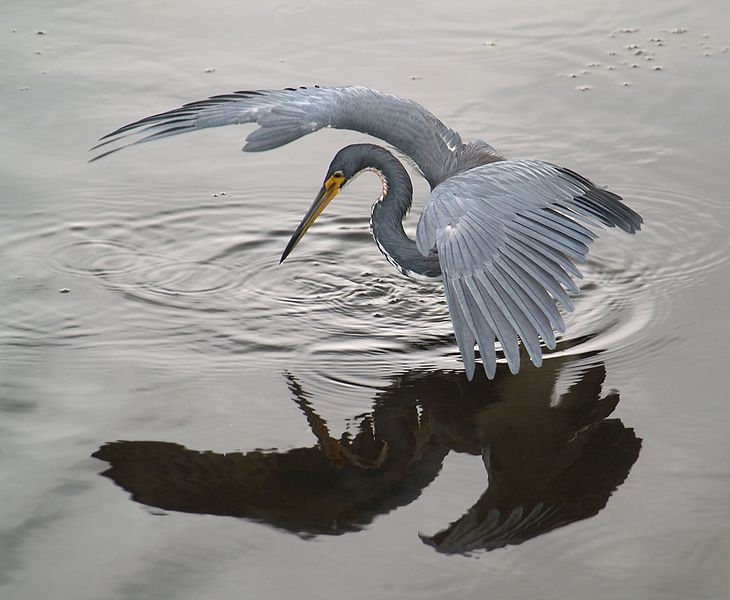
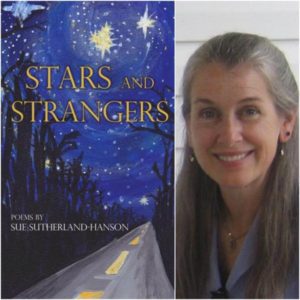 Because it is National Poetry Month and I have a goal of writing a poem a day, I’m also reading a lot of poetry.
Because it is National Poetry Month and I have a goal of writing a poem a day, I’m also reading a lot of poetry.